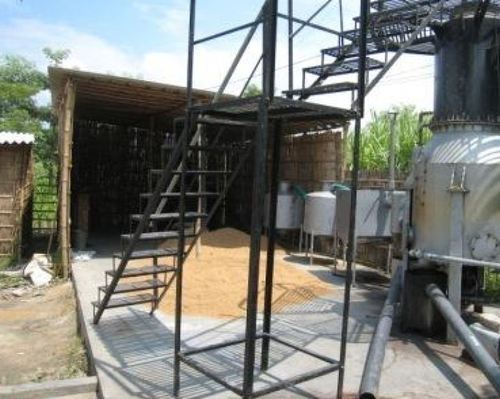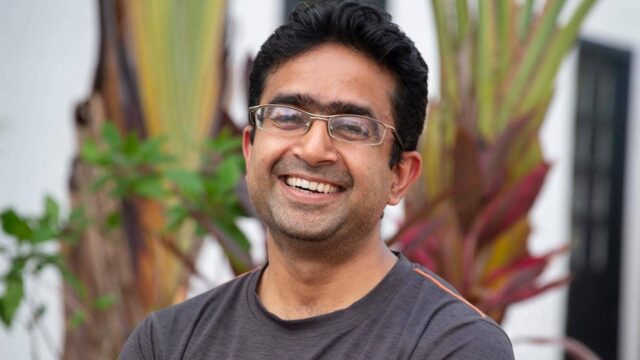It’s unimaginable for people in the rural areas to have constant 8 hours of electricity. However, if the cities have it, rural areas also deserve it. And credit for making this happen goes to Husk Power Systems.
Let’s Discover
Husk Power Systems is a startup based in Bihar and aims at providing rural places with 24/7 electricity. Their system meets global standards and is cost-effective at the same time.

The startup produces electricity with the assistance of a biomass gasifier that creates fuel from the rice husks which is a waste product produced by the rice hullers. The company was co-founded by Manoj Sinha, the CEO; Chairman, Brad Mattson; Gyanesh Pandey, Ratnesh Yadav, and Chip Ransler.
For Sinha, it was the opportunity he didn’t let go of as he resigned from this job in New York just to come back to India to start this venture.
Also Read: With 45% Women-Led Startups In India, Here’s Looking At Top Women Entrepreneurs 2021
Beginning months were tough, as Sinha recalls, “Investors pulled back the money since they were not getting the confidence. There were a lot of things that I had to figure out in just 6 months. We were losing close to Rs 50-60 lakh per month.”
How The Startup Picked Up
These three friends, Manoj, Gyanesh, and Ratnesh grew up in Bihar. They faced a lot of struggles as there used to be power cuts for long durations. It was in 2007 when they came together and decided to work on the issue.

It wasn’t a cakewalk, but they say, “Where there is hope, there is a way”. For Sinha, coming back to India and starting this venture was the “best learning experience” of his life. Things gradually started coming together.
The revenues started increasing 25-30% year-on-year growth from 2016. The hard work they all had put in was reaping benefits.
Their idea was to provide electricity to people using 100% renewable energy using decentralized mini-grids.
In New York, Manoj met Chip Ransler, and he too decided to help them out. These four came together to start “Husk Power Systems”.
Joining All The Dots
About 1.8 kgs of rice husks were a waste product of rice, and Manoj decided to use that in order to provide electricity. Sinha recalls that though there was solar energy being used to produce electricity, it was meant for wealthier states only.
Hence, Manoj’s planned to cater to their needs using smart technology.
He states “We set our tariff scheme to serve customers as per their most critical requirements. For example, if a commercial customer uses power during the daytime, we offer them a discount as solar PV is cheaper than a battery. We tell them the various ways in which they can use electricity to maximize the benefits. Our commercial customers have reported increasing their net profit by 30-40% within twelve months of connecting to Husk mini-grid.”
Their investors did not believe their plan. However, later investors like Acumen Fund, LGT Ventures, and Bamboo Capital provided them assistance in their startup.
Now, when Sinha goes down the lane, reminiscing his journey so far, he proudly says that there are 10 other companies like Husk which provide electricity to rural areas in Africa and Asia with help of their investors.
Image Sources: Google
Source: Economic Times, Husk Power Systems, Business Standard
Connect with the blogger: Palak Dogra
This post is tagged under: tier 2 startups, tier 3 startups, rural startups, startups from tier 2 cities, startups from rural India, small-town startups, small city startups, India, indian startups, startup india, new startups, top startups in india, best startups in india, startups in bangalore, intech startups, funding for startups, what are startups, startups in delhi, top 10 startups in india, how to invest in startups, successful startups in india, startups in mumbai, list of startups in india
Also Recommended:
Indian Startup Karo Sambhav, Tackling World’s E-Waste Problem





































